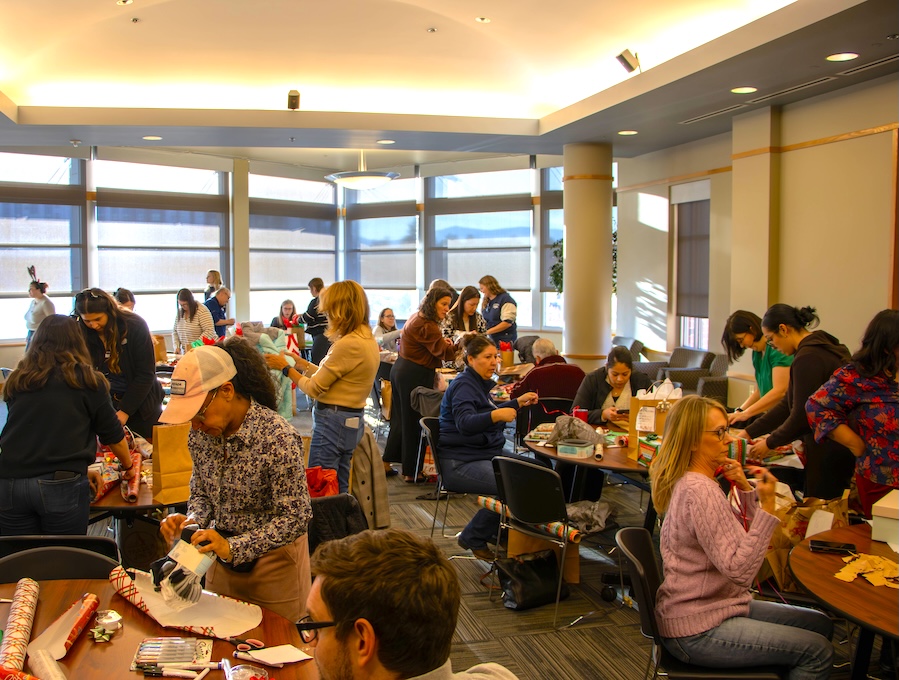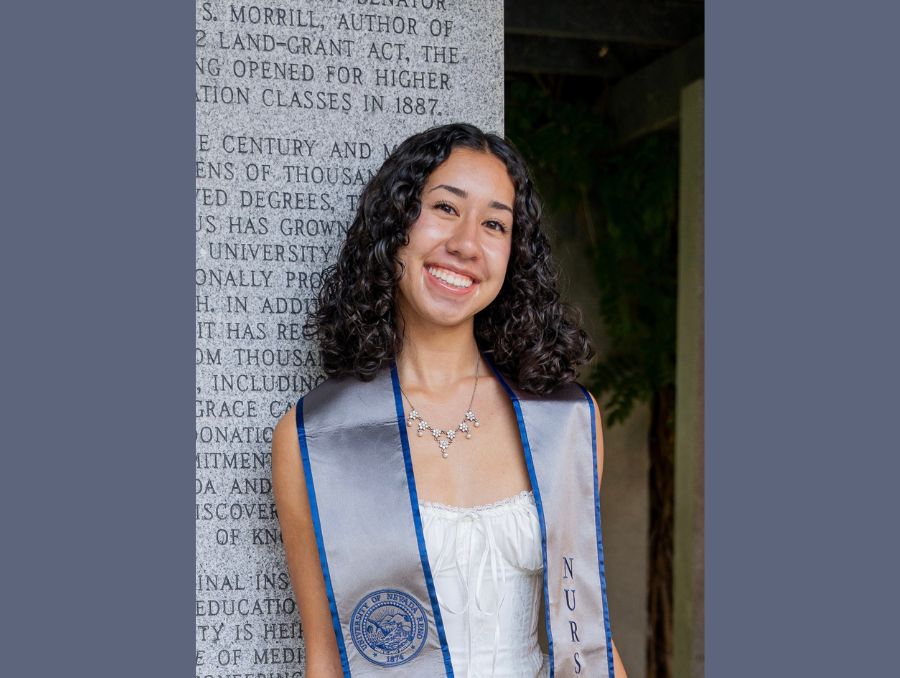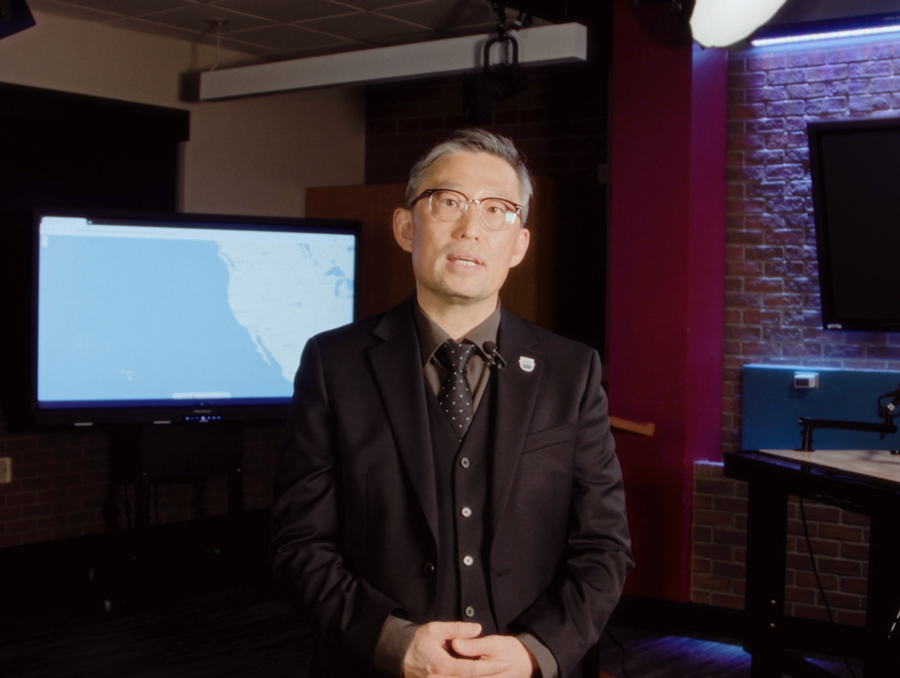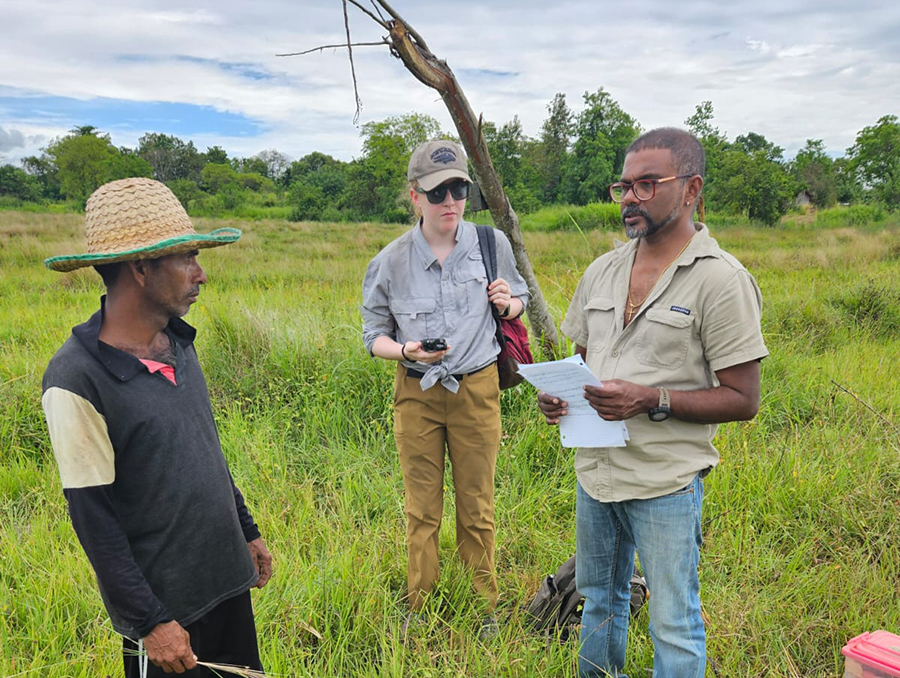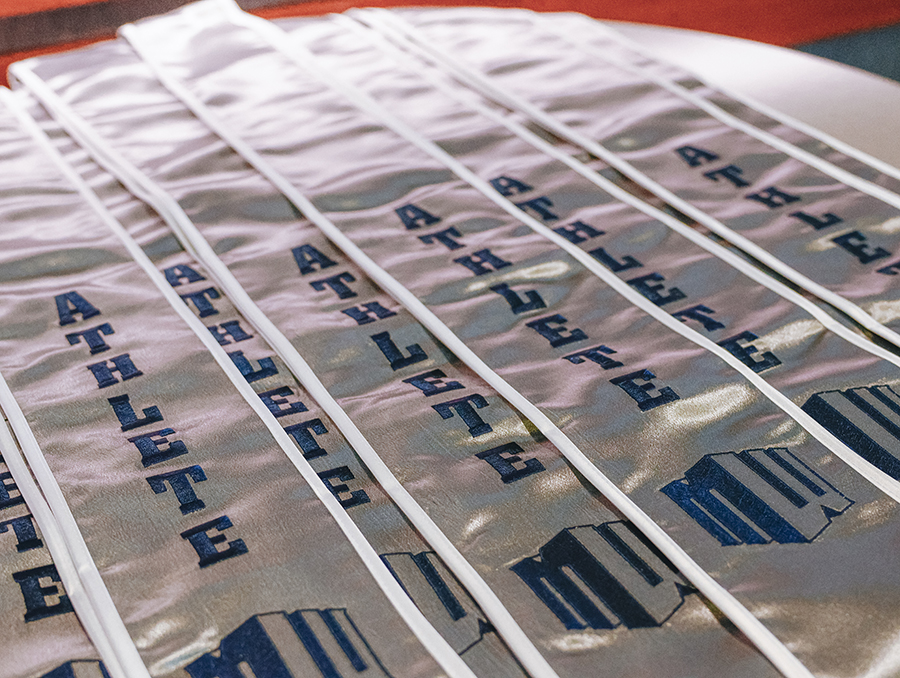Assimilating into college life can be a challenge for any student. Life away from home, a rigorous academic schedule, an expanded network of friends and the pressure to succeed all present a lifestyle many students adopt and adjust to throughout their time in higher education. For a person in recovery from a substance use disorder, these lifestyle adjustments can present additional challenges.
At the University of Nevada, Reno, students in recovery and students who choose to lead a substance-free lifestyle are benefitting from services provided by the Nevada Recovery and Prevention program. NRAP began in fall 2011 as a project of CASAT (Center for the Application of Substance Abuse Technologies.) With generous funding from The Stacie Mathewson Foundation, including a recent $50,000 contribution, NRAP provides students with a nurturing and supportive environment that facilitates peer connections for students recovering from substance and behavioral addictions.
"NRAP is not treatment, it's not clinical, it's recovery support," Daniel Fred, NRAP project coordinator said. "Being in recovery and going to college can be very isolating. Our goal with this program is to offer a safe place where students can be surrounded by others in recovery and supported by people and programs that will help them succeed, not only in college but also in life."
Since its inception, NRAP has proven the need for a collegiate recovery prevention program on campus. It has 80 core members who span across each University college. In May 2015, University of Nevada, Reno President Marc Johnson recognized NRAP's significant contribution by pledging state and student-fee funds to the program as part of the University's commitment to foster the whole student - mind, body and spirit.
"Students who are in recovery are some of the most resilient, well-adjusted people," Fred said. "We celebrate people in recovery. NRAP isn't just a place you come to when things get bad but it is where our students in recovery can receive a true college experience."
With September recognized as National Recovery Month, NRAP hosted the event, "Fifty Shades of Recovery," where more than 400 students, faculty and staff attended. The focus of the conference called for an end to the stigma associated with addiction and recovery.
Claire Clark, University sophomore and Human Development and Family Studies major, came to the University specifically because it offered a recovery program. She said she often encounters the stigma around addiction when she tells people she's recovering.
"When I tell people, they act surprised," Clark said. "People often look at addiction from a moral model; they think being an addict is my choice and that I should just stop."
"If you stigmatize people in recovery, they will be less likely to get help if they need it," Fred said. "NRAP is about providing recovering students with a full college experience, to show they can still have fun and get involved - all while maintaining their recovery goals."
"What I like about this program is that it works on multiple aspects of my life, not just remaining sober," Clark said. "I feel at home here and (feel) like it's okay that I don't have all the answers. It's exciting for me to be at a university and to think of myself as a student."
With more than 100 collegiate recovery programs nationwide, according to Fred, only six have be institutionalized by their university.
"Our administration has seen the benefit of NRap," Fred said. "I've never met a university president who is as supportive and understanding of what we're trying to accomplish."
In recognition for his ongoing support, President Johnson was recently recognized as the "Star of the Year" by Transforming Youth Recovery, a program of The Stacie Mathewson Foundation.
Students interested in learning more about NRAP are encouraged to stop by the drop-in center located on the first floor of the William Raggio Building, room 1001. More information is also available at nvrap.com.
NevadaToday


